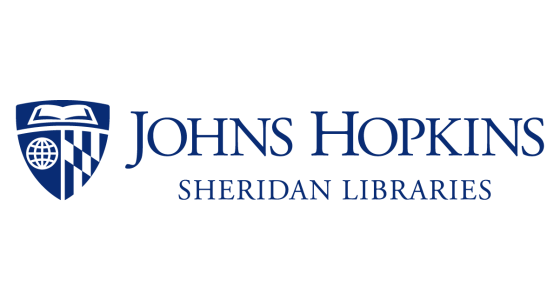Get Up to Speed with OSPO Explainers
Welcome to the OSPO Explainer Video Library, a collection of bite-sized tutorial videos tackling a variety of open source essentials. New topics added monthly – drop us a line if there’s a topic you’re interested in that’s not on our list yet.
Coming Soon: Open Source Governance and Community Engagement!
